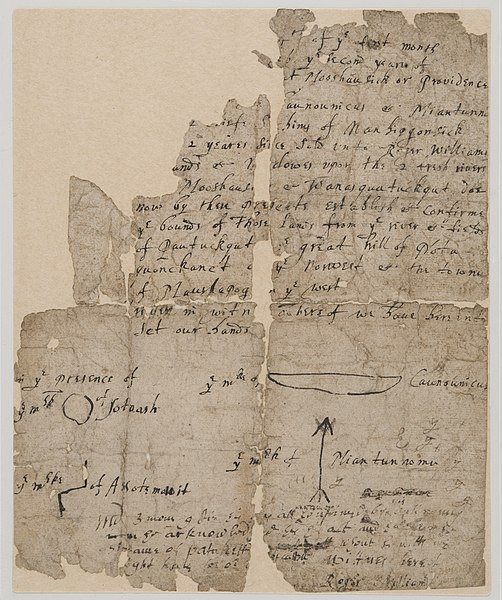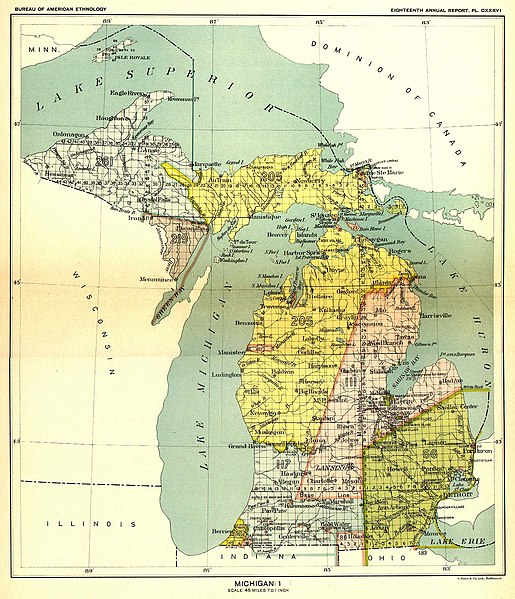Indian Land Claims Settlements
Indian Land Claims Settlements are settlements of Native American land claims by the United States Congress, codified in 25 U.S.C. ch. 19.
The Mohegan Sun, developed on land taken in trust for the Mohegan as a product of settlement
Aboriginal title in the United States
The United States was the first jurisdiction to acknowledge the common law doctrine of aboriginal title. Native American tribes and nations establish aboriginal title by actual, continuous, and exclusive use and occupancy for a "long time." Individuals may also establish aboriginal title, if their ancestors held title as individuals. Unlike other jurisdictions, the content of aboriginal title is not limited to historical or traditional land uses. Aboriginal title may not be alienated, except to the federal government or with the approval of Congress. Aboriginal title is distinct from the lands Native Americans own in fee simple and occupy under federal trust.
A document commemorating a 1636 conveyance of land from Narragansett chief Canonicus to Roger Williams
Johnson v. McIntosh opined that aboriginal title could be extinguished "either by purchase ...
... or by conquest."
Major Native American land cessions that resulted in what is now Michigan





